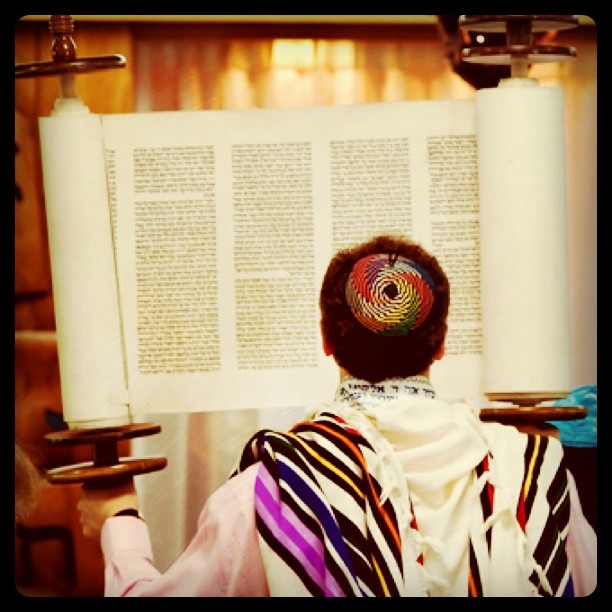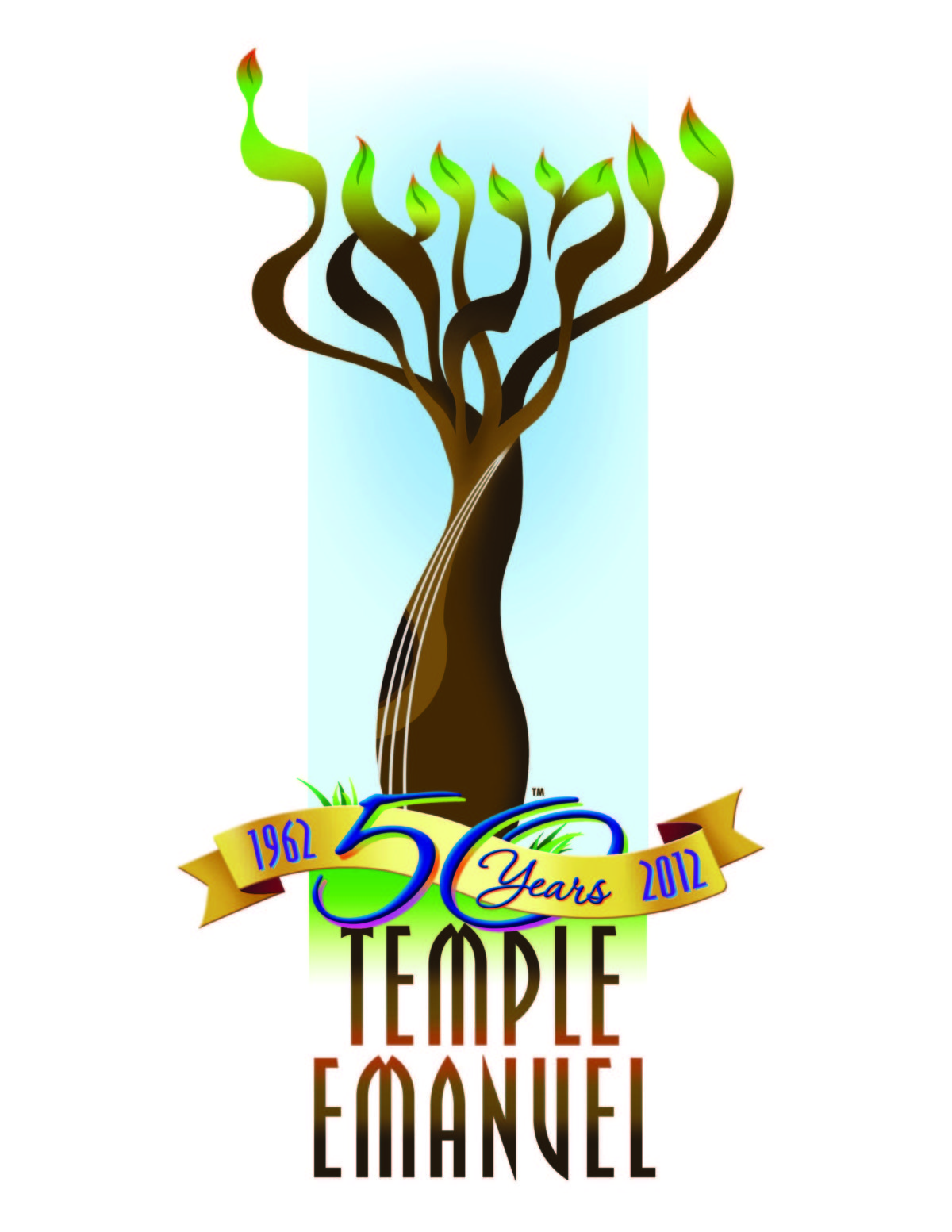 The Jewish month of Tishrei is filled with a variety of ways to engage with Judaism. It is often seen as a long marathon of holy days and holidays, but each and every occasion offers a different way to connect with our heritage. Rosh Hashanah is all about the New Year, the new beginnings, and the sweetness and happiness we hope and pray for. The apples and honey bring ‘sweetness,’ a simple symbol of joy and prosperity into our lives. Rosh Hashanah also begins the period of contemplation and self-assessment which then culminates on Yom Kippur, when having sought forgiveness from others, we come to seek forgiveness from God for all the failures of the past year – and for the failures that will occur in the future. A solemn day, Yom Kippur is filled with symbolism of memory, as we recant the stories of suffering and survival from our long history as a nation, asking God to ‘renew our days as of old’ and to bring peace to us, to Israel, and to the world. We barely get a chance to recover from the fast when we begin the sacred task of building a sukkah, a temporary shelter that is a most memorable symbol of Sukkot. And after a week of sukkah-dwelling, lulav shaking, etrog smelling, and the excitement of getting in touch with nature, we finally arrive at Simchat Torah, when we celebrate the completion of the Torah reading cycle – and the immediate beginning of a new one.
The Jewish month of Tishrei is filled with a variety of ways to engage with Judaism. It is often seen as a long marathon of holy days and holidays, but each and every occasion offers a different way to connect with our heritage. Rosh Hashanah is all about the New Year, the new beginnings, and the sweetness and happiness we hope and pray for. The apples and honey bring ‘sweetness,’ a simple symbol of joy and prosperity into our lives. Rosh Hashanah also begins the period of contemplation and self-assessment which then culminates on Yom Kippur, when having sought forgiveness from others, we come to seek forgiveness from God for all the failures of the past year – and for the failures that will occur in the future. A solemn day, Yom Kippur is filled with symbolism of memory, as we recant the stories of suffering and survival from our long history as a nation, asking God to ‘renew our days as of old’ and to bring peace to us, to Israel, and to the world. We barely get a chance to recover from the fast when we begin the sacred task of building a sukkah, a temporary shelter that is a most memorable symbol of Sukkot. And after a week of sukkah-dwelling, lulav shaking, etrog smelling, and the excitement of getting in touch with nature, we finally arrive at Simchat Torah, when we celebrate the completion of the Torah reading cycle – and the immediate beginning of a new one.
The Torah identifies three main Festivals which required a Pilgrimage to Jerusalem – Passover, Shavuot, and Sukkot, with Sukkot being called The Festival – the most joyous and, according to some, the most important Festival of the year! But for Jews living in the 21st century America, the Festival of Sukkot is puzzling at best. The majority of us no longer farm the land and live by the agricultural cycles. Even if some of us are really into gardening and grow our own vegetables, we do so for the experience and for the sake of control over chemicals and pesticides that make their way into our food. A good crop gives us joy and pride, but unlike our ancient ancestors, we are not relying on the good crop to tell us if we are going to have enough food to survive the winter! Thus, we may try to engage with the ideas and ideals of Sukkot on an intellectual level, yet it does not speak to us in terms that are quite as clear as those of Rosh Hashanah or Yom Kippur!
There is a tradition of reading the Book of Ecclesiastes (Kohelet) during the week of Sukkot. This remarkable book is a collection of wisdom, traditionally attributed to King Solomon. It begins with a voice of a tired monarch, who has pursued many interests in his life, and yet has found them all futile in the end. Kohelet has long been perhaps the most favorite book of the Bible for me – brutally honest, almost cynical, yet life affirming! The reading of Kohelet on Sukkot allows us to put things a little into perspective, to take a step back from the sheer excitement of Rosh Hashanah and the overwhelmingly sobering Yom Kippur and to look at life and ourselves through the wise eyes of the ancient king. Having completed an intense period of examining our personal behavior between Rosh Hashanah and Yom Kippur we arrive at Sukkot, when the combination of Kohelet and the fragility of the sukkah make us ponder some of the existential questions, thus helping us complete the cycle.
The festivals of the month of Tishrei take us on a journey. It is a journey of discovery, of asking many questions – personal, communal, and existential. It culminates with Simchat Torah when we receive the answer as we embrace the Torah scrolls and go dancing with them around the sanctuary. Etz Chayim Hee Lamachazikim Ba, it IS a Tree of Life to those who hold fast to it! As we embrace the Tree of Life, we affirm life, a most fitting way to end the busy month of Tishrei.
I wish you all a sweet and happy New Year 5773!









